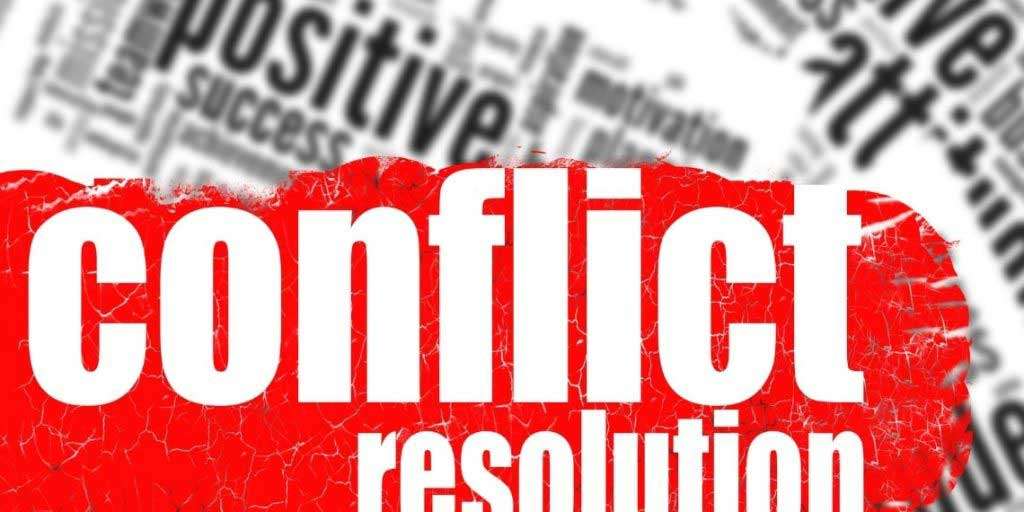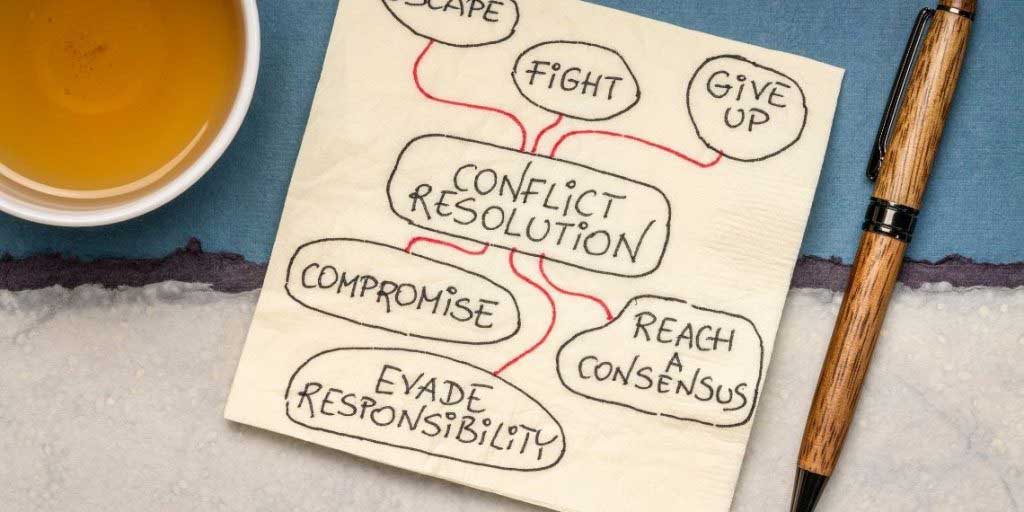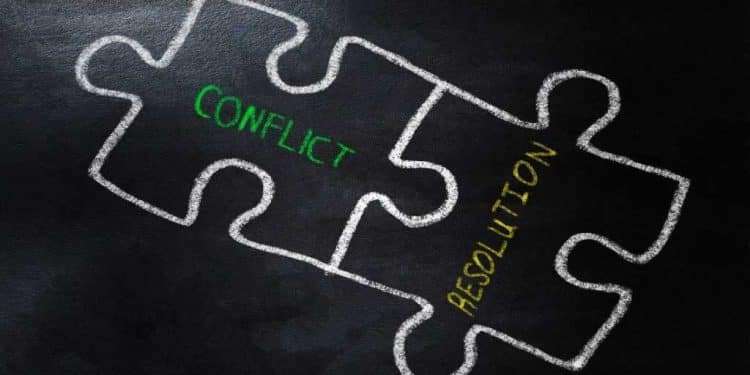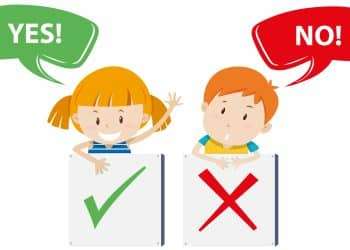Conflict Resolution refers to the ways and processes involved in facilitating the peaceful ending of conflict and retribution. Conflicts are inevitable in both personal and professional settings, arising from differences in opinions, values, or interests. Effectively resolving conflicts is crucial for maintaining healthy relationships and fostering a positive environment.
Introduction to Conflict Resolution
From ancient times to modern days, the art of conflict resolution has played a vital role in society. Leaders, mediators, and individuals have always sought ways to handle disputes constructively. Today, with the increasing complexity of human interactions, mastering conflict resolution skills is more important than ever.
Understanding the nature of conflicts is essential. Knowing the various ways to handle them can prevent escalation.
This knowledge can lead to mutually beneficial outcomes. By developing conflict resolution skills, individuals can improve their personal and professional relationships. They can create a harmonious environment. They can achieve greater success.
Table of Contents
Types of Conflicts
Conflicts can be categorized into several types:
Interpersonal Conflicts
Interpersonal conflicts occur between individuals due to personal differences, misunderstandings, or competing interests. These conflicts often arise in personal relationships, workplace interactions, and social settings. Addressing interpersonal conflicts requires effective communication and empathy to understand each other’s perspectives.
Intrapersonal Conflicts
Intrapersonal conflicts are internal struggles that occur within an individual. These conflicts often involve conflicting desires, values, or goals. Resolving intrapersonal conflicts requires self-awareness and introspection. It is important to understand the root causes. The resolution should align with one’s values and aspirations.

Organizational Conflicts
Organizational conflicts occur within or between groups in an organization. These conflicts can arise due to differences in goals, resource allocation, or communication breakdowns. Addressing organizational conflicts involves understanding the underlying issues, fostering open communication, and finding collaborative solutions.
Cultural Conflicts
Cultural conflicts arise from differences in cultural values, beliefs, and practices. These conflicts often occur in multicultural settings where individuals from diverse backgrounds interact. Resolving cultural conflicts requires cultural competence, empathy, and open-mindedness to appreciate and respect diverse perspectives.
Strategies for Conflict Resolution
There are several effective strategies for resolving conflicts:

Active Listening
Active listening involves fully concentrating on the speaker, understanding their message, and responding thoughtfully. This strategy helps in understanding the underlying issues and emotions, fostering empathy, and building trust.
Empathy
Empathy is the ability to understand and share the feelings of others. Practicing empathy helps individuals see the conflict from the other person’s perspective. This creates a foundation for mutual understanding and resolution.
Open Communication
Open communication involves expressing thoughts and feelings honestly and respectfully. Creating an environment where all parties feel heard and valued is crucial for resolving conflicts constructively.
Mediation
Mediation involves a neutral third party who facilitates the resolution process. The mediator helps the conflicting parties communicate effectively, recognize common ground, and find mutually acceptable solutions.
Collaboration
Collaboration involves working together to find a solution that satisfies all parties involved. This strategy requires open communication, empathy, and a willingness to compromise for the greater good.
Benefits of Effective Conflict Resolution
The advantages of effective conflict resolution are many:

Improved Relationships
Resolving conflicts constructively fosters trust, understanding, and mutual respect, leading to stronger and more positive relationships.
Enhanced Collaboration
Effective conflict resolution promotes teamwork and collaboration by addressing underlying issues and fostering a positive environment for cooperation.
Increased Productivity
By resolving conflicts efficiently, individuals and organizations can focus on their goals and tasks, leading to increased productivity and success.
Common Challenges and Solutions
Conflict resolution can show several challenges:
Emotional Reactions
Conflicts often trigger strong emotions, making it challenging to think rationally and communicate effectively. Managing emotions through self-regulation and empathy is crucial for constructive resolution.
Communication Barriers
Miscommunication or lack of communication can exacerbate conflicts. Practicing active listening and open communication helps in bridging gaps and understanding each other’s perspectives.
Resistance to Compromise
Some individuals may resist compromise, making it difficult to find mutually acceptable solutions. Fostering a collaborative mindset and emphasizing the benefits of compromise can help overcome resistance.
Future of Conflict Resolution
The future of conflict resolution lies in continuous learning and adaptation. As society becomes more diverse and interconnected, the ability to navigate conflicts effectively will be even more critical. Advances in technology, like virtual mediation and AI-assisted conflict resolution tools, offer new opportunities and challenges. Embracing these innovations while maintaining a human-centered approach will be key to successful conflict resolution.
















